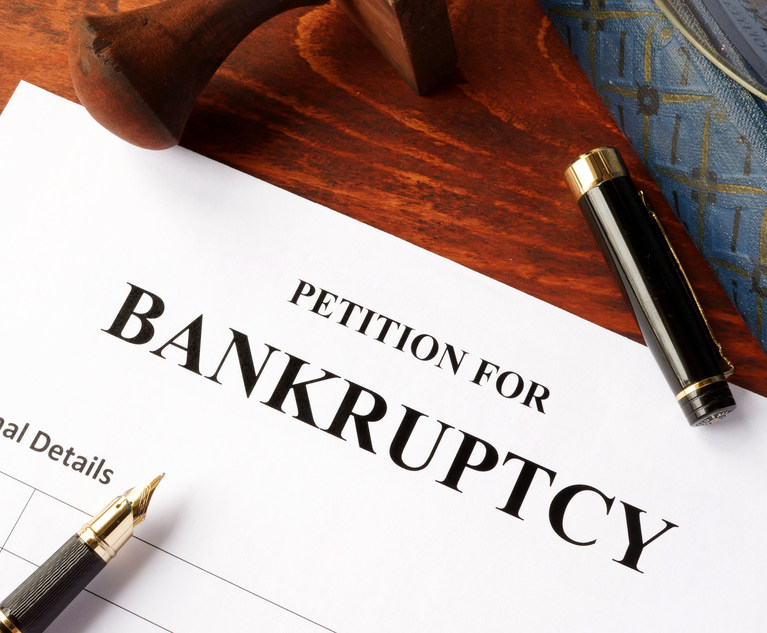The purpose of this article is to discuss recent important case law developments involving the discharge injunction. The U.S. Court of Appeals for the Second Circuit has made the following comments concerning the importance of the discharge injunction in a consumer Chapter 7 case:
It is well established that the discharge is the foundation upon which all other portions of the Bankruptcy Code are built. We have observed that “[b]ankruptcy allows honest but unfortunate debtors an opportunity to reorder their financial affairs and get a fresh start. This is accomplished through the statutory discharge of preexisting debts.” In re DeTrano, 326 F.3d 319, 322 (2d Cir. 2003) (internal citation and quotation marks omitted). We have previously described the “fresh start” procured by discharge as the “central purpose of the bankruptcy code” as shaped by Congress, permitting debtors to obtain a “fresh start in life and a clear field unburdened by the existence of old debts.” In re Bogdanovich, 292 F.3d 104, 107 (2d Cir. 2002). The “fresh start” is only possible if the discharge injunction crafted by Congress and issued by the bankruptcy court is fully heeded by creditors and prevents their further collection efforts. Violations of the injunction damage the foundation on which the debtor’s fresh start is built.
Anderson v. Credit One Bank, N.A., 884 F.3d 382, 389 (2d Cir. 2018) cert. den., 139 S.Ct. 144 (2018).


 Credit: Vitalii Vodolazskyi/stock.adobe.com
Credit: Vitalii Vodolazskyi/stock.adobe.com




